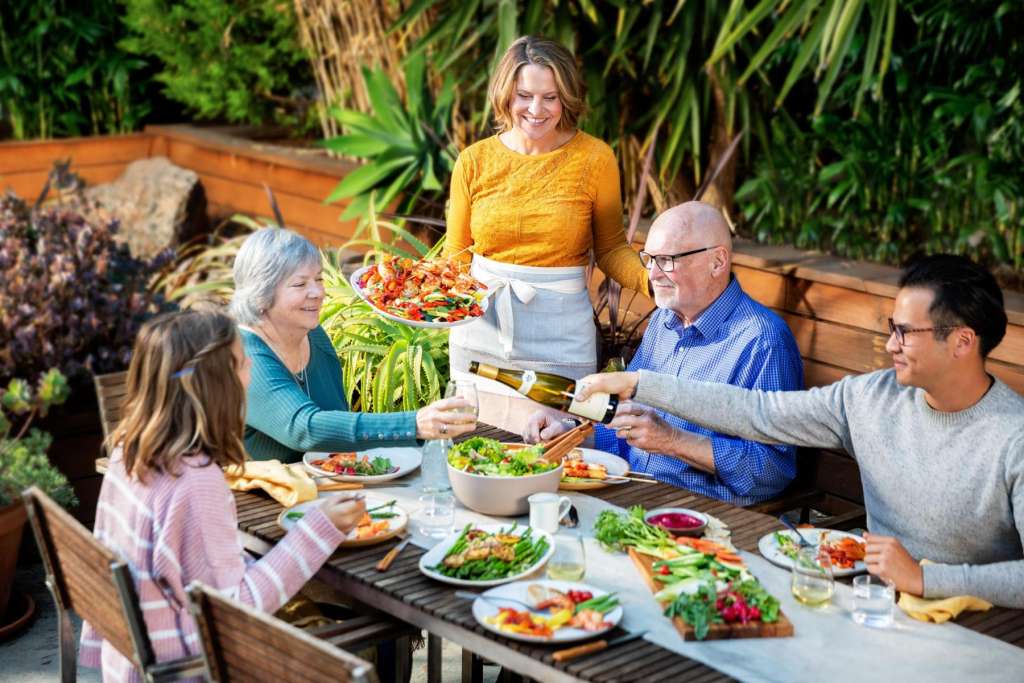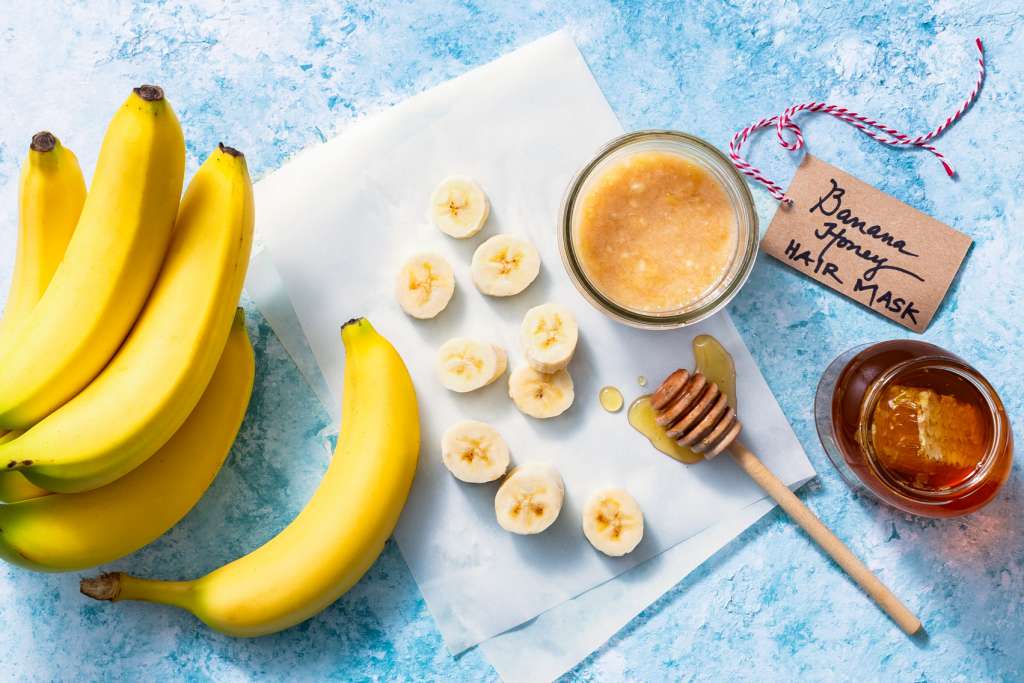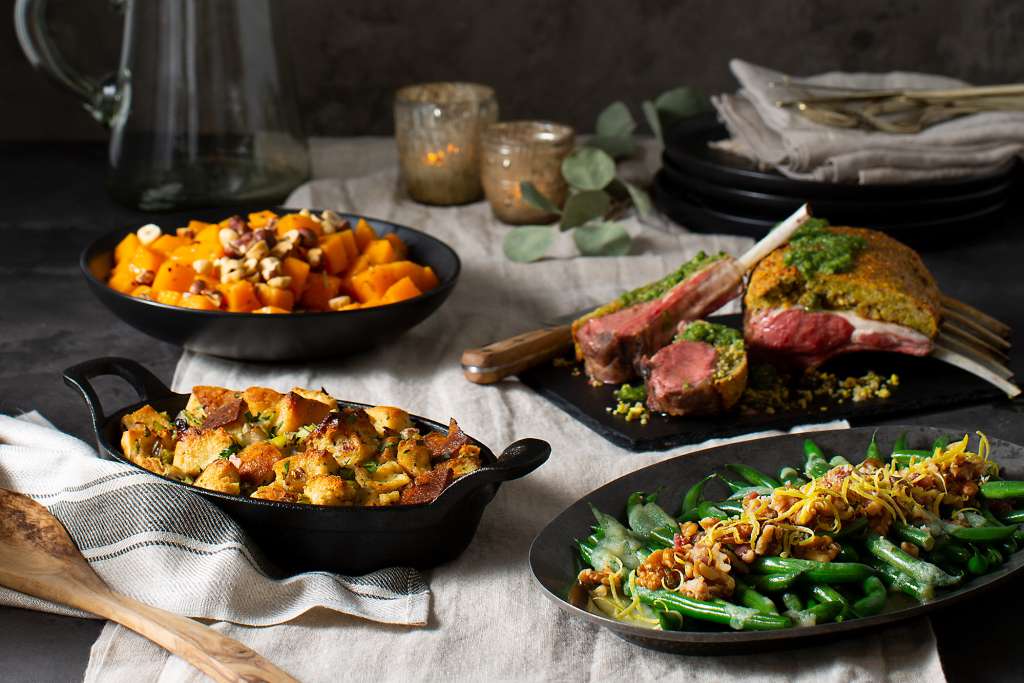Why Relationships are Essential to Your Health

Sun Basket Chief Science Adviser, Dr. David Katz explains why love matters.
What can you tell us about the effect of social connections and overall health?
All animals are adapted to survive and thrive in some particular context, and for the human animal, that context is other humans. We’re social creatures who depend on one another as profoundly as do the ants, bees, and termites. Our nervous systems are hard-wired for these interactions; our genes respond to them. Taking a human out of social interactions with other people to trust and rely on is, from a biological perspective, very analogous to taking a fish out of the water.
In fact, there’s strong scientific evidence demonstrating that healthy relationships are associated with a reduced risk of mortality and chronic disease. Other studies have shown that loneliness and social isolation can be just as harmful to our health and longevity as behaviors such as smoking and alcohol, and can actually be even more detrimental to our health than obesity and physical activity.
What is it about relationships that make them so important to our well-being?
We are adapted to survive together. That leaves a deep imprint on our psychology and nervous system so that we feel secure and purposeful when we’re with others. Much of what it means to be human relates to being connected to other humans and the severing of those bonds can cause trauma expressed in the reactions of our nervous system, endocrine (hormone) system, and immune system. The unexpected loss of a loved one has both emotional and physical health consequences including anxiety, panic disorders, and an increased risk of substance abuse.
Does quantity matter when it comes to relationships, or is it more important to focus on the quality of your relationships?
There is no single right number of connections a person needs. Our most native context was a tribe or clan that likely ranged from a dozen to several dozen people. But most of the research on health outcomes related to social connections—and there is a lot of it—indicates that even one truly meaningful relationship is a game changer. So, it can be one close friend; a spouse, or a whole social network. Our biology rewards connections with well-being, and rebels against isolation.
What practical tips can you suggest for individuals to maximize the benefits that relationships and connections have to offer to our health and vitality?
Recognize that connection is a priority, and treat it as such. We tend to take relationships for granted. If we want to eat well, we acknowledge it as a priority to health, plan for doing a better job, and make conscious decisions to help us get there from here. We can, do the same for our important relationships: acknowledge them as priorities to nurture; plan on ways to cultivate them, like setting dedicated time to be with the people who matter most; and make decisions daily that indicate our respect for those bonds. In the hustle of modern living, those primitive, profoundly important bonds can fray. Mindful attention to those relationships, and making them the priority they deserve to be, has positive health outcomes for everyone.









